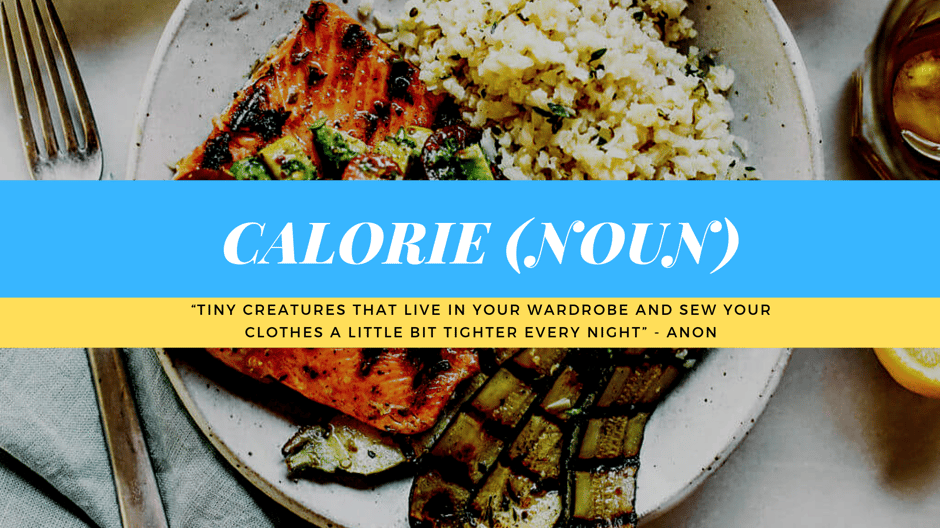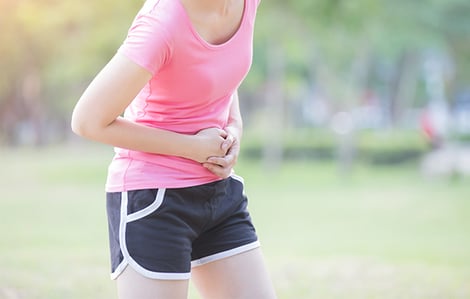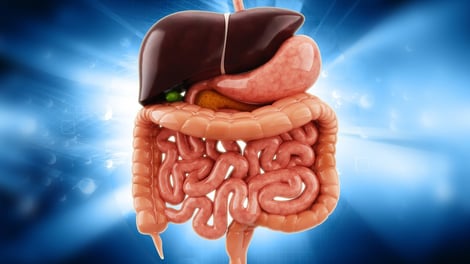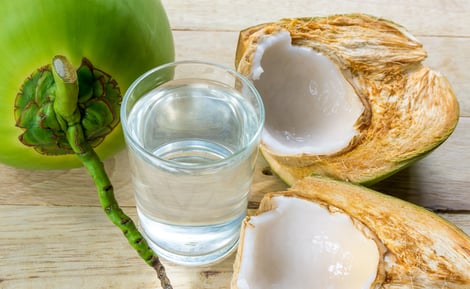Whether you’re a triathlete, a marathoner, powerlifter or involved in any kind of sport that taxes you both physically and mentally it is essential to get your nutrition on point in order to achieve your goals. Unfortunately in the modern world the advice we get from the media, our friends and even the athletic community is just downright incorrect and often times harmful. So what are some of the common things we do wrong and how can we set them right? We reveal all as we peel back the covers on the 4 essential elements of good eating and essential nutrition for sports athletes in Singapore.
Nutritional density

The first thing to focus on is nutritional density. What do we mean by nutritional density? Ensuring an optimal intake of amino acids (protein breaks down into amino acids), vitamins, minerals and phytonutrients (from plants).
If you’re going to go out and run a marathon (26m/42km) then that is incredibly stressful on the body; physically and mentally. Both during the race and the training period prior to it. You’re going to be breaking down muscle tissue that will need to be rebuilt (amino acids), you’re going to be building connective tissue, joints, tendons and cartilage to maintain a stable frame (amino acids), you’re going to need electrolytes that you lose through sweat (minerals) and minerals lost from your adrenal glands (minerals) due to the stressful nature of endurance sports or high intensity sports. We’re going to need plenty of phytonutrients (like antioxidants) from plants to combat the toxicity involved in endurance running from things like pollution, lactic acid disposal and inflammation – less essential although still very good for general health in high intensity sportsmen. And finally, if your body is a ship and you want to turn it into an ocean liner, or a top of the line catamaran, then you can think of the vitamins as the nails that hold everything together.
So how should we fuel ourselves and provide all these essential nutrients? Whey protein shakes made from GMO soy + Gatorade containing electrolytes + dehydrated greens powders + large bowls of packet foods like pasta and cereals? If you know anything at all about Levitise you’ll know, of course, that this is the antithesis of what we represent and that the only way to adequately fuel yourself is from real food that your body has hundreds of thousands of years of experience in recognising to build an optimal body - your body. You can’t treat your body like a human rubbish dump and load up with chemicals expecting it to perform at it’s best. We see this time and time again in our practice. Remove the junk food, supplements, factory farmed animals and processed packet foods from the diet and replace these foods with fresh high quality organic produce and people immediately start feeling and performing better; endurance athletes, strength athletes or otherwise. Mark Allen, the six-time Ironman Triathlon World Champion would always select organic produce over non-organic produce and original strongmen, like Eugen Sandow, were obsessed with high quality real food as we discussed in this article.

Here are some examples of high quality nutrient dense food:
- organic produce – contain up to 69% more nutrients
- liver and organ meats – pound for pound the most nutrient dense foods in the world
- greens like spinach and kale - high in electrolytes such as potassium, magnesium, calcium, phosphate
- egg yolks – mother nature’s multi-vitamin pill
- quality dairy – not commercial, pasteurised or homogenised
- grass fed ruminants, pastured chickens/pigs and wild caught fish – always much higher in nutrients than the commercial equivalents.
Calories
The next thing we need to look at are total calories. Let us say, for example, you’re a 40 year old female who weighs 65 kgs and is 5ft 6in tall. If you do nothing but lie in bed all day, your basal metabolic rate (BMR) will require 1243 calories to keep the clock ticking. If you add hard endurance training to that you’ll need another 1118 of refuelling for a total of 2494 calories. If you think you can get by on a couple of chicken salads a day and that your body will just “top up” the calorific difference by burning some fat from your butt, thighs, tummy or arms then I’m afraid we have some bad news for you – it doesn’t work like that as we highlighted in this article.

In a nut shell, your body will go into panic mode = fat storage mode, it’ll down regulate your BMR and as a result, your health and hormonal health will start suffering. For women that means things like cramping, irregular periods, easy to anger, emotional fluctuations. For men, you may experience it as decreased sex drive. And for everyone, abdominal bloating, digestive issues, fatigue and sleep problems. Lastly, it will certainly massively negatively impact your sporting performance.
Respect your body’s energy demands and it will reward you with increased health, athletic and strength performance and fat loss.
Toxicity

There are 80,000 man made chemicals in the world that we are genetically unfamiliar with and are unable to biologically put to good use. Our 5 organs of detoxification need to do a heavy workout on a daily basis to detoxify everything from pesticides/chemicals/additives/preservatives in our food, pollution in the environment, chlorine and fluoride in our water, alcohol, medical drugs, heavy metals and many others. On top of that, we have plant based toxins that can be problematic to some of us such as gluten, lectins and phytates. These can be particularly problematic to endurance athletes who tend to eat large quantities of grains to top up their calorie demands. Hence, this is why it is so common nowadays to see endurance athletes suffering from digestive issues.
|
Did you know Digestive distress is a lot more common than you think but it doesn’t mean it should be the case. It’s your body’s way of alerting you to a problem and that there’s something wrong; indigestion, food repeating on you, burping, belching, bloating, stomach spasms, cramping, stomach pain, burning, nausea, difficulty swallowing, indigestion, lower abdominal discomfort, inconsistent stool changes, embarrassing stool odour, undigested food in your stools, too few or too many bowel movements, diarrhoea, colon cramps, constipated, dry/hard stools are all indications that somethings going wrong - pay attention and listen to your body! |
|
||

If you are doing a hard workout every day your body will need to physical repair whilst you sleep. It will need to rebuild cannibalised muscle tissue, strengthen joints and increase cardiovascular capacity and do many other things. However if you’re full of toxins it’s going to prioritise sorting out your liver and kidney’s first. You can survive without a 6 pack but you’ll not last long without a liver. So reduce your toxic burden to increase your physical healing capacity and your performance.
Now getting good quality sleep is a another matter that we discussed here. So assuming we've got all that dialled in what should we focus on to maximise our body's ability to repair and build whilst we sleep::
- Minimise the consumption of man made toxins (i.e. switching to organic foods and using water filters)
- Minimise the consumption of plant toxins (i.e. switching to tubers from grains as your main source of starchy carbohydrates)
- Constantly be looking for ways to detox (and that doesn’t mean treating your body like a chemical waste-ground and chugging down a fistful of glutathione supplements thinking you can get away with it!)
Respecting your genes
Lastly we’re going to look at Primal Pattern Diet TypingTM, aka metabolic typing, aka respecting your ancestral genes. The idea here is that we’re all individuals and all require a different default ratio of macronutrients: protein, fat and carbohydrates. This is exactly why some people do well on a vegetarian diet, some do better on a low carbohydrate diet and some on a more variable diet. We’re born with the ability to naturally select the foods that we need to sustain us as long as we don’t confuse our senses with non real food like ice cream (combination of fat and sugar in ice cream just doesn't exist in the natural world and confuses the hell out of our natural instincts), cakes and cereals. And then we slowly unlearn that over time. Now we’re in our 40s and we have to rely on the media, government food pyramids and diet books to tell us how to eat because we are so far removed from our gut instincts.
"I ate based on my internal cravings and fed myself foods that targeted what I seemed to need rather than trying to follow a structure."
Mark Allen, six-time Ironman Triathlon World Champion
If we’re not in touch with our body’s wants then we need to get back to basics and get a default macronutrient ratio to build on – questionnaires and metabolic typing coaches can help this process. We then need to up-regulate the relevant macronutrient(s) depending on our chosen activity. For example more carbohydrates for endurance sports or possibly more fat and protein for high intensity sports. But this is not necessarily the case for you! And then adjust for weather, temperature, hormonal cycles and stress levels.
Final word (electrolytes)

Sportsmen and endurance athletes, in particular, are obsessed with electrolytes and rightly so. If you are eating a mineral poor diet and sweating a lot, you’ll be losing the precious few electrolytes you do have in your sweat which will ultimately, massively impact your performance. If however, you’re eating a nutrient rich and toxin free diet in the right macronutrient proportions and getting adequate sleep and managing stress it’s not a big deal. Excess minerals are stored in your bones, fat cells and adrenal glands. So if you’re well fed with quality food you’ll have plenty of stores to be released for a rainy day – i.e. during prolonged bouts of exercise. The idea being is you want to spend all of your time off season building the metabolic machinery required to fuel you in your race or sporting event. Considering it takes 2 years to replace all the red blood cells in your bones the best time to start this process would be 2 years ago. But back to electolytes. Of course you will lose electrolytes in your sweat which are dissolved in the fluid so, topping up is fine as long as it’s done sensibly with real food during the race such as; celtic sea salt (calcium, sodium, magnesium) and coconut water (potassium) and then eating plenty of dark leafy greens before and after (all electrolytes apart from sodium which you probably get plenty of anyhow!) are our favourite sources.
For strength athletes or anyone doing high intensity sports, less attention needs to be spent on electrolytes unless you’re in an extreme sport like MMA/boxing. In this case, focus more on the other key topics mentioned earlier on in this article.
So, I hope that helps and we’d be delighted to hear back from you if you find anything doesn’t make sense, is controversial or too damn difficult to implement. We’re here to help!
To your health, happiness and longevity,
The Levitise Team
P.S. If you love this blog post then do check out our fortnightly newsletter where you'll get the freshest content on health, nutrition and fitness delivered straight to your inbox. Don't miss out and sign up here with just your name and email.

Write a comment